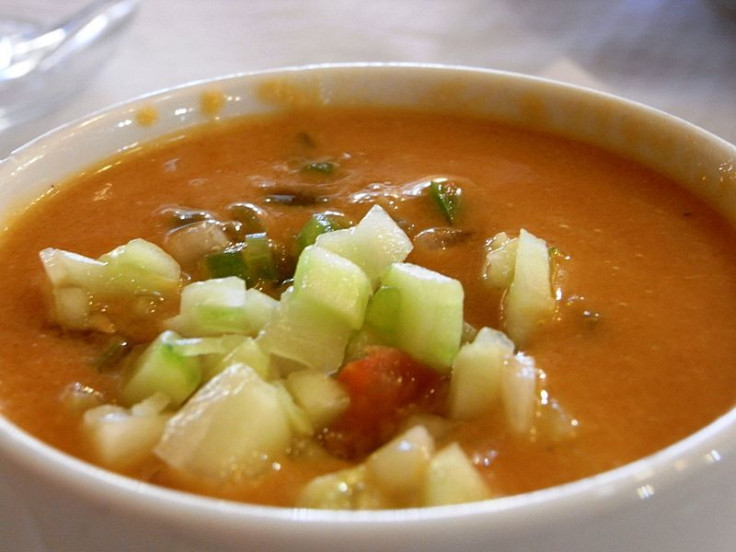Tableware that Has Melamine Increases Risk of Kidney Stones

Eating hot food from melamine dishware can lead to an increase in levels of melamine in urine, says a new study. Researchers say that, although effects of melamine on human health aren't clear, high levels of the chemical in the urine may lead to kidney stones in both children and adults, reports HealthDay.
A kidney stone, according to Medline Plus, is a "solid piece of material that forms in the kidney from substances in the urine."
The study from Taiwan was conducted on a small number of participants. Some 12 men and women were asked to eat hot noodle soup from melamine bowls. Researchers then collected urine samples of these people after 12 hours.
Again, three weeks later, these participants were asked to eat the hot noodle soup from ceramic bowls. Once again their urine samples were taken and analyzed for presence of melamine.
Study results showed that the level of melamine in people after eating noodles from melamine bowl was 8.35 micrograms while it was about 1.3 micrograms when they were served noodles in ceramic bowls.
"For consumers, one of the most common sources of exposure to melamine is from kitchenware including plates, bowls, mugs, etcetera, as melamine has long been known to migrate from these into food," said Spaeth, who is director of the Occupational and Environmental Medicine Center at North Shore University Hospital in Manhasset, NY, HealthDay reported. Spaeth said that people can lower risk of melamine exposure by not storing food in melamine dishware and by not heating foods in these products.
Infant milk formula that contained melamine which led to death of many children in China had raised questions about safety of this chemical.
According to the U.S. Food and Drug Administration, melamine is approved for use in the manufacturing of various products including cooking utensils, plates and industrial coatings. The agency says that the tableware that has melamine in them is safe to use as serving utensils. However, it advises consumers to not heat food, especially the acidic ones, in these dishes.
The study is published in the journal JAMA Internal Medicine.



























